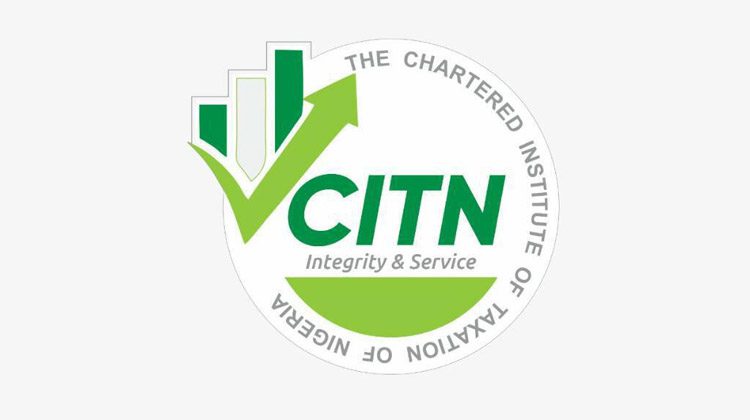The Chartered Institute of Taxation of Nigeria has inducted 826 new members into its institute.
The President of the Institute, Adesina Adedayo, disclosed this at the 47th induction in Lagos.
In his opening remarks, Adedayo said, “The digital economy has grown dramatically worldwide, leading to the growth in e-commerce and online transactions. Despite the advantages linked to the expansion of the digital economy, several challenges have also originated. Amid this challenges, tax implications of the digitalised economy are perhaps the most urgent that bedevils revenue authorities, policymakers of governments, international organisations, and tax professionals.
“Tax administration in Africa and indeed Nigeria remain unclear on the most effective and efficient way to tax the digital economy, yet the challenges arising from technological advancement and intricate business models continue to mount; thus, increasing the likelihood of tax revenue leakages,” he said.
He noted that there were several international and regional effort that have been made in recent times to address these issues. Some of which include the United Nations Guidelines on Transfer Pricing, efforts to regulate Base Erosion and Profit Shifting through the BEPS projects, OECD Transfer Pricing Guidelines and ATAF guidelines on intangibles among other unilateral and bilateral efforts.
He stated, “In relation to the OECD Two Pillar Solution, ATAF, on behalf of African countries, has posed questions on the effectiveness and inclusiveness of the proposed provisions and pillars guiding the envisaged global taxing rules. Similarly, the CITN recently engaged key stakeholders in a round table discussion to appraise the viability and adoptability or not of the OCED Two Pillar Solution. While there still exists opinions on which strategy will prove most effective for a high consumption-mono economy like Nigeria, I believe that an in-depth impact assessment of the Tax Deal would put our decision as a nation in proper perspective.”
Therefore, it behoves on us as tax professionals who are the ‘Hope of the Nation’ to constantly engage and contribute meaningfully to the Country Impact Assessment of the OECD Tax Deal in Nigeria. To do this effectively, I implore you to constantly upskill your knowledge on global trends in taxation. The Institute, including the CITN Tax Academy organises various trainings, conferences, workshops, seminars, and specialised training programs to enable our members update themselves on new developments in the tax system.











































